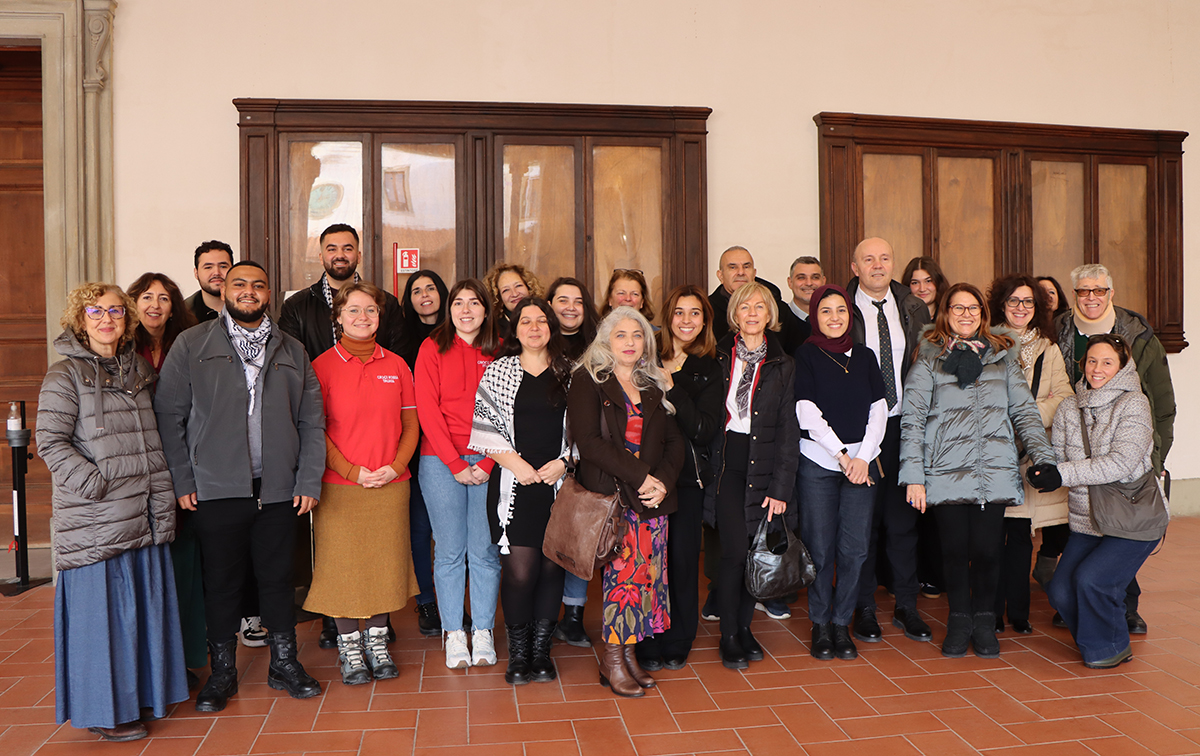Elsa is fifteen years old and has a long history of failing at mathematics. She describes herself as “hopeless”, convinced that the subject is simply not for her. She believes that “to be good at maths you have to memorise everything”. Yet, when faced with an unusual task – an equation written in a way she had never seen before, “□² − 16 = 9” – something changes. There are no formulas to recall; only reasoning, trials, and number manipulation are required. Although Elsa initially fails to solve the similar equation “x² − 16 = 9” during the same interview, she subsequently abandons her memorised procedures, reasons correctly, corrects herself, and demonstrates her understanding. This shows her ability to think mathematically.
Elsa’s case is at the heart of a study by Elena Macchioni and Anna Baccaglini-Frank of the Department of Mathematics at the University of Pisa, which was published in the international journal Educational Studies in Mathematics. The article presents a model that illustrates the different ways in which students can learn mathematics. Elsa’s story sends out a clear message: effective forms of participation can be encouraged to help students overcome barriers to learning mathematics by offering them a different kind of experience.

Therefore, success in mathematics does not depend on innate talent, speed of procedure or memory, but rather on breaking the cycle of failure, as Elsa discovered. Believing that success hinges on memory, she attempts to recall and apply procedures by rote without understanding them, resulting in errors that further reinforce her perception of her own mathematical incompetence. Therefore, when we observe how students like Elsa engage in mathematical discussions, it is important to recognise not only their mistakes, but also to develop personalised strategies to support their improvement.
The article and the related study on remedial interventions form part of the national DynaMat project, funded by the Ministry of University and Research and conducted at the Center for Advanced Research on Mathematics Education (CARME) in Pistoia.
Researchers working on the DynaMat project have demonstrated that students like Elsa do not struggle because of an internal issue, but because of the way mathematics has been taught to them. They argue that including everyone in mathematics does not mean making the subject easier; rather, it means ensuring that everyone can understand the reasons behind the rules.



